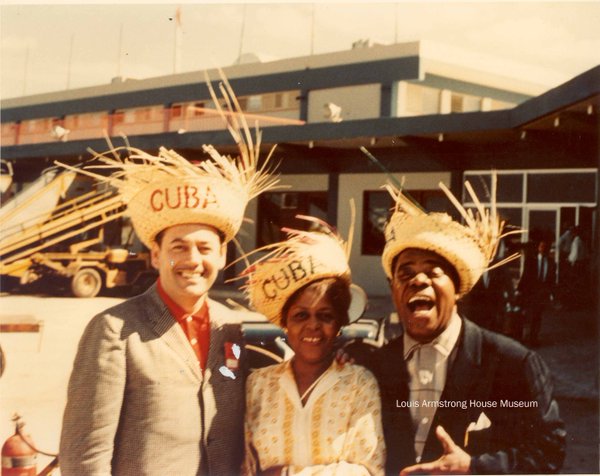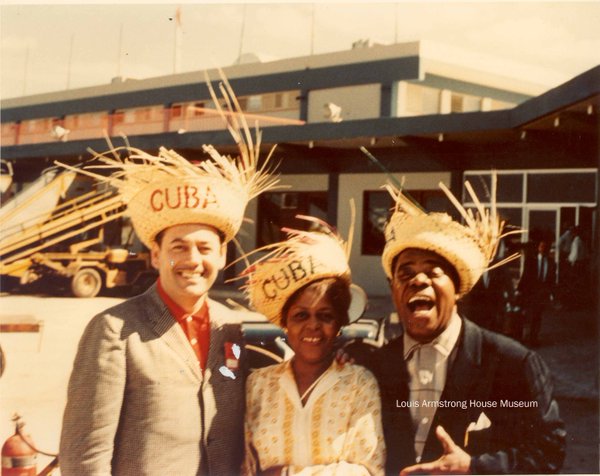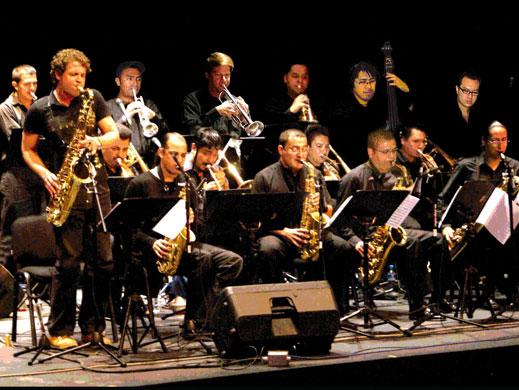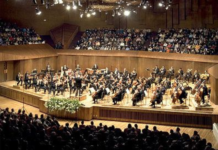What is JAZZ?
Born in the South of the United States, blues and jazz are African-American-derived music forms. This music recognizes the pain and suffering that African-Americans experienced through slavery and apartheid in the USA.
The music is comprised of songs about lost love and injustice. Jazz gave expression to the victory of outlasting a broken heart and facing adversity.
What are “The Blues”?
The blues evolved from hymns, work songs, and field hollers — music used to accompany spiritual, work, and social functions. Blues is the foundation of jazz as well as the prime source of rhythm and blues, rock ‘n’ roll, and country music.1
Rooted in African and European Traditions
Jazz was born in New Orleans about 100 years ago (early 20th century), but its roots can be found in the musical traditions of both Africa and Europe. In fact, some people say that jazz is a union of African and European music.
Louis Armstrong
Louis Armstrong was one of the most influential artists in the history of music. Born in New Orleans, Louisiana, on August 4, 1901, he began playing the cornet at the age of 13. Armstrong perfected the improvised jazz solo as we know it today. Learn more about this famous musician at the Louis Armstrong Museum: http://www.louisarmstronghouse.org/
Louis Armstrong is the father of jazz music and promoted it around the world. He is shown with Lucille Armstrong and pianist Marty Napoleon in Cuba in 1960.
Jazz is Recognized by UNESCO
According to UNESCO, jazz is an international form of music that can be used as an educational tool and a force for peace, unity, dialogue, and enhanced cooperation among people. Many governments, civil society organizations, educational institutions, and private citizens are currently engaged in the promotion of jazz music and embrace the opportunity to foster greater appreciation not only for the music but also for the contribution it can make to building more inclusive societies.
According to UNESCO, the benefits of jazz are1:
- Jazz breaks down barriers and creates opportunities for mutual understanding and tolerance;
- Jazz is a vector of freedom of expression;
- Jazz is a symbol of unity and peace;
- Jazz reduces tensions between individuals, groups, and communities;
- Jazz fosters gender equality;
- Jazz reinforces the role youth play in social change;
- Jazz encourages artistic innovation, improvisation, new forms of expression, and the inclusion of traditional music forms into new ones;
- Jazz stimulates intercultural dialogue and empowers young people from marginalized societies.
Jazz in Mexico? Absolutely!
One of the most popular professional jazz groups in the country is the Big Band Jazz de México, an orchestra founded in 1999 by musicians from Mexico City who wanted to promote jazz music. Most of its members began their musical studies in the children’s and youth bands there. Many band members have also studied professionally at schools like the Escuela Naciónal de Música and the National Conservatory of Music of Mexico.
The band is now emerging on an international level. The group has participated in various jazz and music festivals in Mexico appeared on television programs and recorded live albums. Its repertoire includes many jazz standards along with other types of selections from tango, various Latin styles, and even popular music. Big Band Jazz de Mexico -Repertorio
Enjoy some of these jazz classics!
Big Band Jazz de Mexico – “Beyond the Sea”
Big Band Jazz de México – “God Bless the Child”
Big Band Jazz de México – “The Girl from Ipanema”
Big Band Jazz de México – “Di que no es verdad”
Big Band Jazz de México – “Voy a apagar la luz”
If you live in Mexico or plan to visit, you can look for concert dates and tickets at Ticketmaster: Big Band Jazz de México en Ticketmaster MX
Reference:
- INTERNATIONAL JAZZ DAY – United Nations International Event












